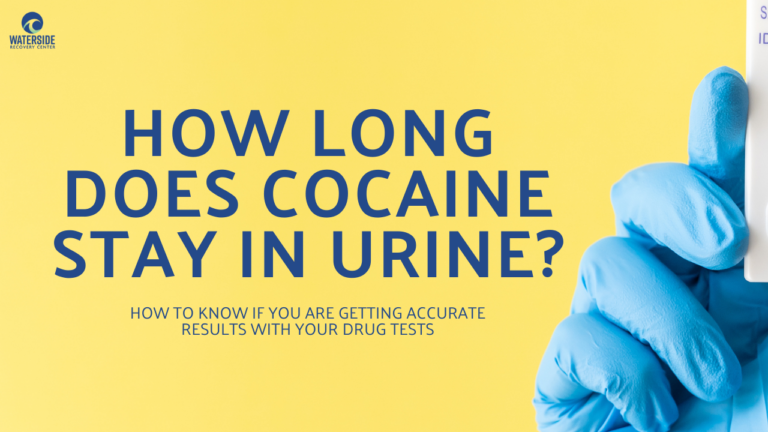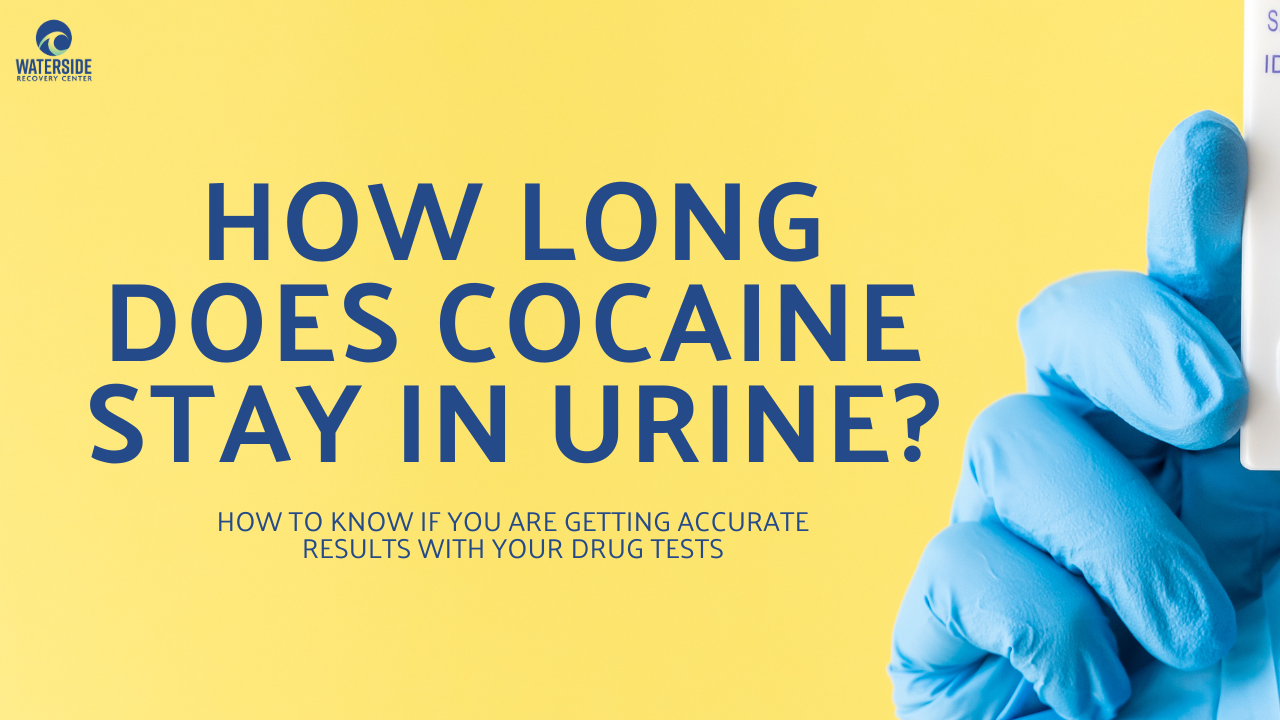
How Long Does Cocaine Stay In Urine? A Comprehensive Guide
Cocaine is a highly addictive stimulant drug that is derived from the leaves of the coca plant. It is commonly used for recreational purposes due to its euphoric effects and ability to increase energy and alertness. However, cocaine use can have serious health consequences and can lead to addiction, overdose, and other adverse effects.
One of the most common questions about cocaine use is how long it stays in the body. In particular, many people wonder how long cocaine can be detected in urine. This is an important question for individuals who are subject to drug testing, such as employees, athletes, and individuals on probation or parole. Understanding how long cocaine stays in urine can help individuals make informed decisions about drug use and can help them avoid the serious consequences of a positive drug test.
Understanding Cocaine Metabolism
Cocaine and Its Metabolites
Cocaine is a powerful stimulant drug that is rapidly absorbed into the bloodstream when it is snorted, smoked, or injected. Once in the bloodstream, cocaine is quickly distributed throughout the body, including the brain, where it produces its characteristic effects.
Cocaine is metabolized in the liver, where it is broken down into several different metabolites. The primary metabolite of cocaine is benzoylecgonine, which is excreted in the urine. Other metabolites of cocaine include ecgonine methyl ester and norcocaine.
The half-life of cocaine in the body is relatively short, typically ranging from 30 minutes to 2 hours, depending on the dose and the route of administration. However, the half-life of benzoylecgonine is much longer, ranging from 6 to 8 hours. This means that benzoylecgonine can be detected in the urine for a much longer period of time than cocaine itself.
Factors Affecting Cocaine Metabolism
Several factors can affect the metabolism of cocaine and its metabolites in the body. These include:
Route of administration: The route of administration can affect the speed and efficiency with which cocaine is absorbed into the bloodstream. For example, smoking or injecting cocaine can produce a more rapid onset of effects than snorting it.
Dose: Higher doses of cocaine can lead to more rapid and extensive metabolism of the drug, as well as increased production of metabolites.
Frequency of use: Chronic use of cocaine can lead to changes in the liver enzymes responsible for metabolizing the drug, which can affect the rate and efficiency of metabolism.
Individual differences: There can be significant individual differences in the way that different people metabolize cocaine and its metabolites, which can affect the duration and intensity of the drug’s effects.
Overall, understanding the metabolism of cocaine and its metabolites is important for interpreting drug test results and understanding the effects of the drug on the body.
Detection Time Frames
Typical Detection Window
Cocaine is a potent stimulant drug that is rapidly metabolized and excreted from the body. In most cases, cocaine can be detected in urine within 2-4 hours after use and can remain detectable for up to 2-4 days. However, the detection window may vary depending on several factors such as the individual’s metabolism, the dose and frequency of use, and the sensitivity of the drug test.
The table below provides a general overview of the typical detection window for cocaine in urine:
| Usage | Detection Time |
|---|---|
| Single use | 2-4 days |
| Moderate use (2-4 times per week) | 4-7 days |
| Heavy use (daily) | 10-14 days |
It is important to note that the detection window may be longer for chronic or heavy users, as cocaine can accumulate in the body’s fatty tissues and be slowly released over time.
Extended Detection Periods
In some cases, cocaine may remain detectable in urine for an extended period of time, especially in chronic or heavy users. The table below provides an overview of the extended detection periods for cocaine in urine:
| Usage | Detection Time |
|---|---|
| Chronic use (daily for several months) | Up to 30 days |
| Heavy use (multiple times per day) | Up to 30 days |
| Cocaine and alcohol use | Up to 5 days |
It is important to note that the detection window may vary depending on the sensitivity and accuracy of the drug test used. Additionally, other factors such as the individual’s age, weight, and overall health may also affect the detection window. Therefore, it is always important to consult with a healthcare professional or drug testing expert for accurate and reliable information about cocaine detection time frames in urine.
Testing Methods and Accuracy
Urine Testing Techniques
Urine testing is the most common method used to detect the presence of cocaine in the body. There are two types of urine tests that can be used to detect cocaine: immunoassay and gas chromatography-mass spectrometry (GC-MS). Immunoassay is a screening test that is less expensive and quicker than GC-MS. However, it is less accurate than GC-MS and can produce false positives. GC-MS is a confirmatory test that is more accurate than immunoassay and can detect cocaine at lower levels.
Factors Influencing Test Accuracy
Several factors can affect the accuracy of cocaine urine tests. These include:
Sensitivity of the test: The sensitivity of the test determines the minimum amount of cocaine that can be detected. Tests with higher sensitivity are more accurate.
Timing of the test: The accuracy of the test can be affected by the timing of the test. Cocaine can be detected in urine for up to 72 hours after use, but the detection window can vary depending on the amount of cocaine used and the individual’s metabolism.
Interference from other substances: Certain medications and foods can interfere with the accuracy of the test and produce false positives.
Sample collection: Improper sample collection can also affect the accuracy of the test. Contaminated or diluted samples can produce inaccurate results.
In conclusion, urine testing is an effective method for detecting the presence of cocaine in the body. However, the accuracy of the test can be influenced by several factors. It is important to use reliable testing methods and consider the factors that can affect test accuracy to obtain accurate results.
At Waterside Recovery Centers we pride ourselves on providing the top addiction treatment in Massachusetts. With a range of evidence-based, client-focused and individualized treatment offerings, we are able to provide the ideal support for those seeking recovery from substance addiction. Please feel free to reach out to our help line at anytime.
(833) 985-4234






